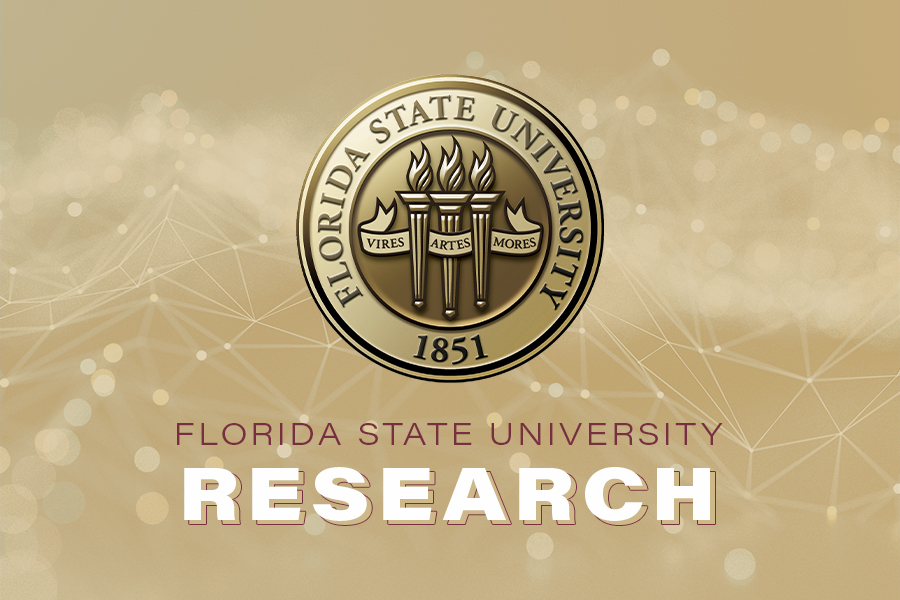
Research to improve the detection of Salmonella and to speed up the development of new medicines received funding from a Florida State University program that supports faculty moving their work from the lab to the marketplace.
FSU’s Office of the Vice President for Research awarded faculty members $70,000 through the Spring 2023 GAP Commercialization Investment Program.
“Translating technology from talented FSU faculty is an important part of our mission,” said Vice President for Research Stacey Patterson. “Programs like GAP help mature these often-nascent ideas and get them out to the world where they can have positive impact.”
Funded proposals were:
A more precise system for detecting Salmonella in food:
Salmonella is a leading cause of food poisoning worldwide, causing 93 million infections every year. Current testing methods for Salmonella don’t distinguish between samples with a single cell of the bacteria and millions of cells. Prashant Singh, an assistant professor in the Department of Nutrition and Integrative Physiology in the College of Health and Human Sciences, developed a test to analyze the concentration of the bacteria in samples, not just the presence. His test can tell users if the contamination level in a sample is zero, low, medium or high. Agencies that regulate food in the United States are considering adopting testing methods that can quantify how much Salmonella exists in poultry samples, which would provide a broader market for Singh’s test. GAP funding will help him improve the latest version of his testing method.
A process to speed up the discovery of new drugs:
Developing new drugs typically costs more than a billion dollars and can take more than a decade. Among the challenges are identifying a target on which a drug can act and optimizing different candidate medicines. Analytical chemistry methods can screen interactions between a target and libraries of small molecules to help create new drugs. Christian Bleiholder, an associate professor in the Department of Chemistry and Biochemistry in the College of Arts and Sciences, developed software to improve the drug candidate selection and optimization process. He will use GAP funding to improve his software’s computational efficiency, integrate it with cloud-based computing services and make it more user-friendly, with the goal of creating a software product that is ready for use in industry.
For more information about the GAP competition, visit the FSU Office of Commercialization.




